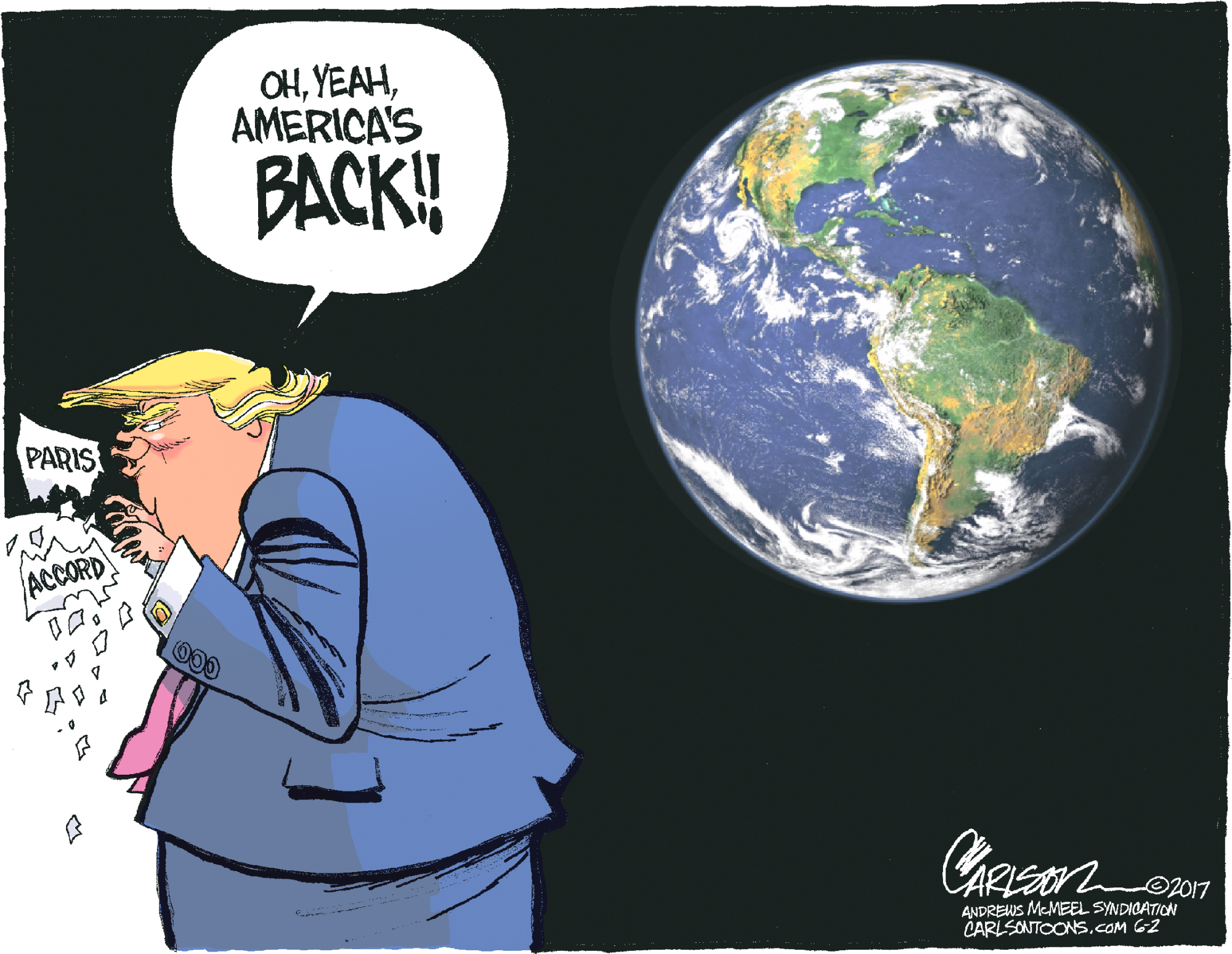U.S. President Donald Trump's transactional approach to multinational agreements is very different from that of his predecessors. Whereas previous presidents have viewed international accords in the context of broader U.S. trade and security strategy, Trump looks at them in isolation. To his mind, many agreements to which the United States is a signatory are poorly negotiated, overly burdensome, or outdated and ill-suited for changing economic and security conditions.
Upon taking office, Trump pulled the U.S. out of the Trans-Pacific Partnership, an agreement among 12 Pacific Rim countries that would have created the world's largest free trade zone. But he says he will negotiate better bilateral treaties with those and other countries. And, after hearing from the leaders of Canada and Mexico, he has opted for "renegotiating" the North American Free Trade Agreement, rather than scuttling it entirely, as he had promised during his campaign.
More recently, on his first presidential trip abroad, Trump took some good first steps in the Middle East. But in a speech to NATO leaders, he removed a line that would have explicitly reaffirmed the U.S.' commitment to collective defense under Article 5 of the North Atlantic Treaty, rattling allies, and apparently even some of his top advisers. (More recently, he finally voiced support for the clause).

















With your current subscription plan you can comment on stories. However, before writing your first comment, please create a display name in the Profile section of your subscriber account page.